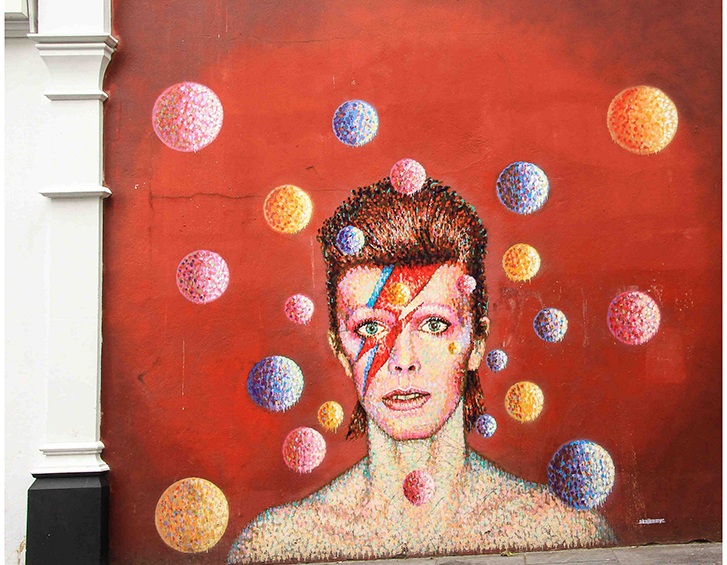
I first listened to David Bowie aged fourteen in 1981. He was my first foray outside of the puritanical fastnesses of Punk Rock. Punk joyously declared the music of its immediate forebears dated, dead, overblown: 1977 was a year zero past which you didn’t dare explore for fear of being labelled a sad hippie. ‘Come on show me, say the bells of old Bowie’, sang The Clash on ‘Clash City Rockers’, one of their early militant anthems of punk righteousness – Bowie here was a bit of show off – a poseur unconcerned with the real world issues The Clash purported to address in their streetwise, politicized rock.
Many of the articles written about Bowie in the aftermath of his death relay familiar narratives: he was shape-shifting chameleon. He created characters, like Ziggy and Major Tom. He was never defined by one musical style. While all these have elements of truth, when I heard that Bowie had died, my first thought was about his function in my life as a pathfinder, a conduit to different music and stranger books. When I first heard Bowie, he opened up to me a world of musical culture I didn’t know as a purist young punk; he was a road to a wealth of other cultures and other voices. It was through Bowie that I first listened to The Velvet Underground’s intoxicating blend of pop song with avant garde noise. It was through Bowie I first listened to the incredible Belgian chanteur Jacques Brel. It was because of Bowie I first understood Pink Floyd had once been a group of strange young men who made very odd records in the 1960s rather than a global brand of serious ‘prog’ rockers. Then there were the books Bowie made me read: the philosopher Nietzsche, Science Fiction writers like H. P. Lovecraft. In the corny old 1960s phrase, that first encounter with the Diamond Dogs LP (1974) was literally mindblowing, as I realized an older generation of musicians saw the world in even more dystopian and disturbing colours than The Clash.
When I heard that Bowie had died, the LP which I reached for was Low (1977), the first part of his so-called Berlin trilogy, the record which shows the impact on him of the magnificent German bands Neu!, Kraftwerk and Tangerine Dream. Song form fractures on Low: verses lose choruses; catchy lines start then peter out into uneasy silence. The whole of side 2 is a sequence of abstract instrumentals – itchy guitar lines and synthesizers fidget over troubled, would-be soothing xylophones. This was a route to modern classical music as it mimics the minimalism of Steve Reich and Philip Glass. Lyrics (where they appear) are patches of non-sequiturs which hint at depression, failing relationships, an inability to hold the bits and pieces of the day together. One of the oddest of hit singles, ‘Sound and Vision’, juxtaposes a sharp vignette of depression – ‘Pale blinds drawn all day/Nothing to do/Nothing to say’ – with the almost ecstatic resolve to wait ‘for the gift of sound and vision’. This isn’t only a conduit to other peoples’ work, it is an abstract poetry, an ongoing, seductive invitation to be unsettled, to risk going low.
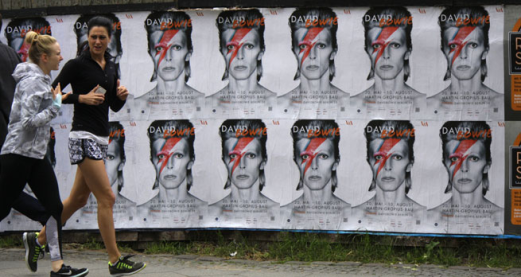
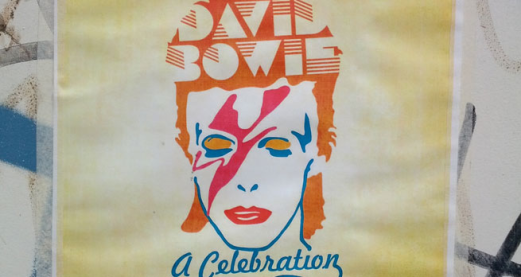
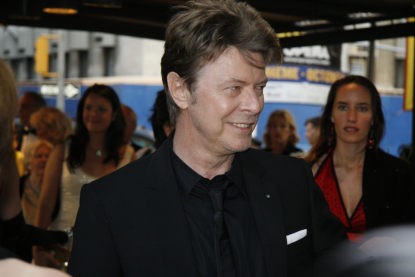
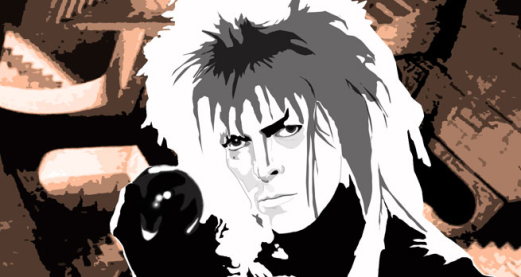
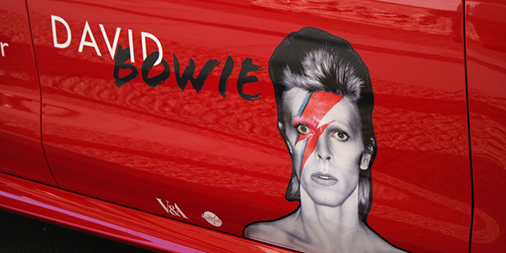

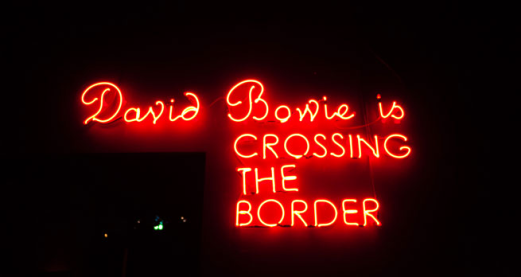
Rate and Review
Rate this article
Review this article
Log into OpenLearn to leave reviews and join in the conversation.
Article reviews